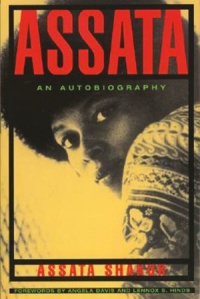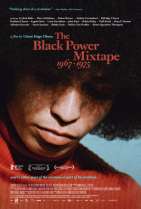Originally commissioned and published by the Free Word Centre
The average life expectancy in Nigeria is less than 50 years
– United Nations Environment Programme (UNEP), 2011
“It is genocide. I accuse the oil companies of practising racism because they do in Ogoni what they do not do in other parts of the world.”
– Ken Saro-Wiwa, 1993
The story of oil exploitation in the Niger Delta is one of severe injustice.
Before oil was first discovered in commercial quantities by Shell in 1956, the Niger Delta, home to approximately 31 million people and over 40 ethnic groups, was sustained by a system of rich agriculture and natural resource. Inhabitants also benefited from one of the largest and most important wetlands and marine ecosystems in the world, with an estimated 75% of the Niger Delta population relying on the environment for farming and fishing as a means of sustaining their livelihoods.
It is crucial to remember that though oil production began in 1956, imperialist structures, stemming from the beginning of the twentieth century, facilitated this process. In 1937, under the rule of the British Empire, Shell was given exploration rights to the whole of Nigeria. Therefore, though the discovery of oil was thought to increase the wealth of Nigeria, in a global market desperate for crude oil, the move to oil production wasn’t based on the needs of the indigenous communities of the Niger Delta, but rather part of the expansion of British imperialist powers, which have continued to the current day.








